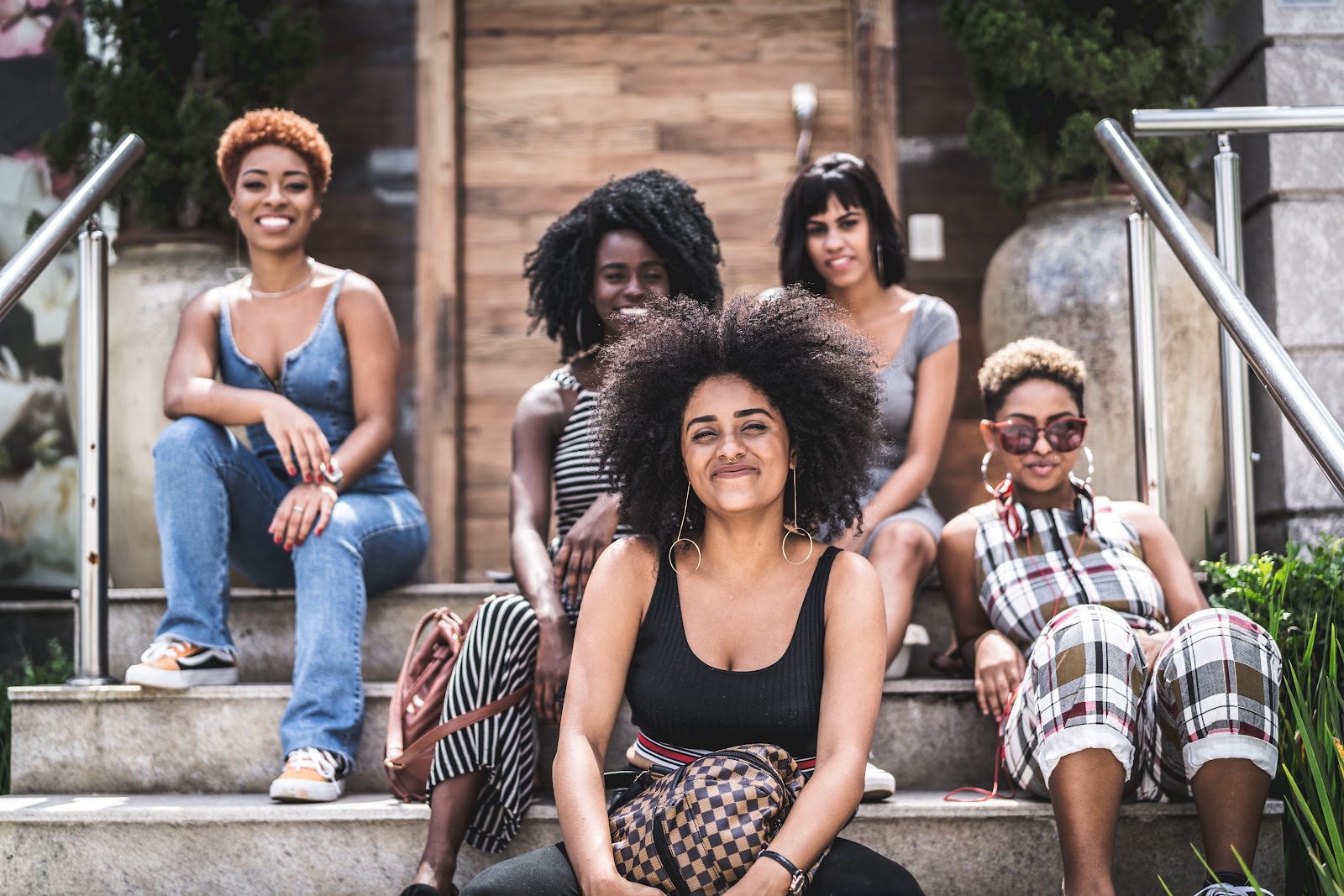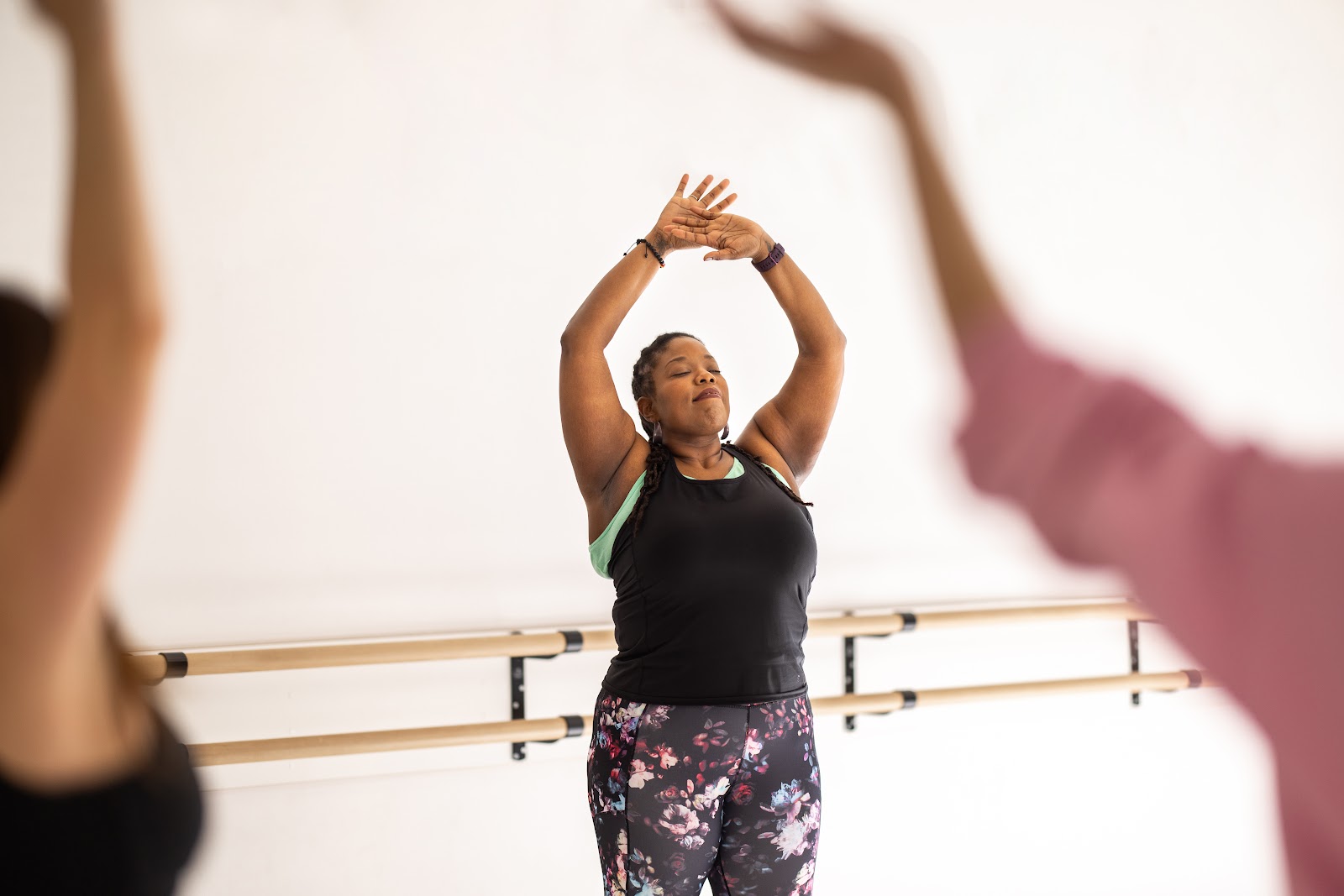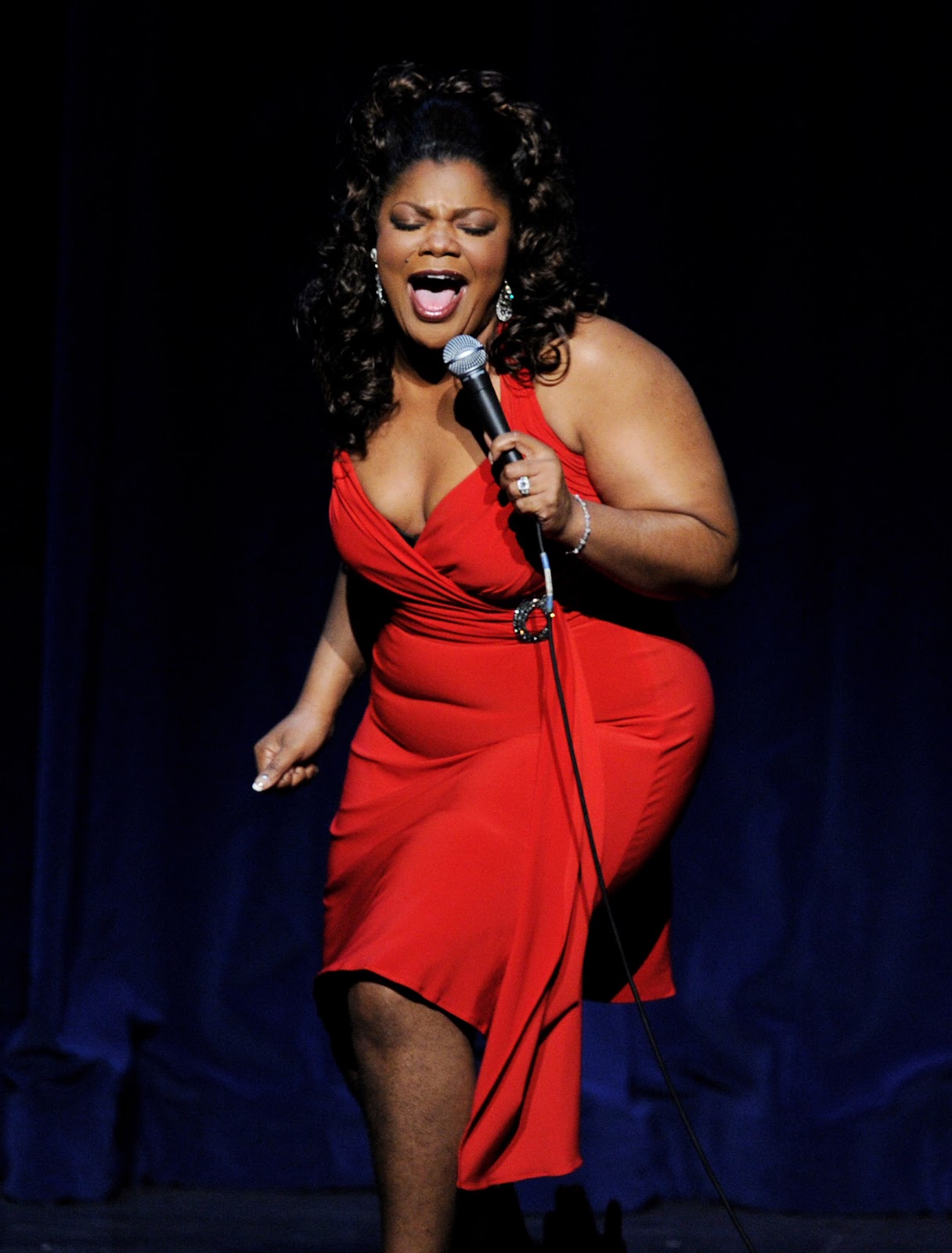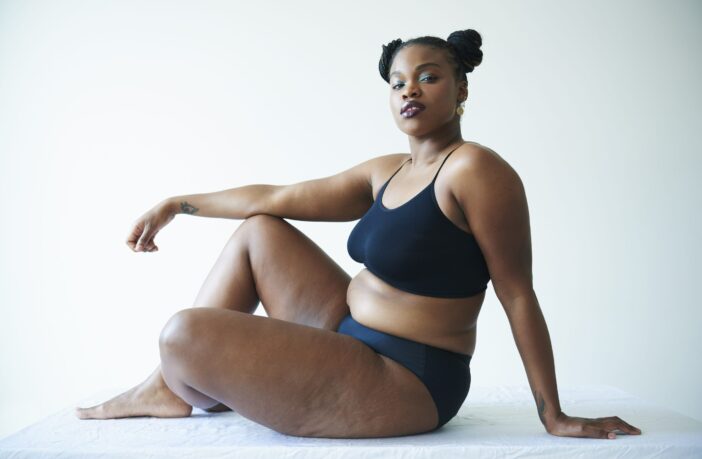For Black women, the politics of their bodies are far from a personal affair. From the texture of their hair to the shade of their skin, every inch of their bodies is subjected to societal scrutiny.
The public gaze, whether explicit or implicit, attempts to define what is beautiful, acceptable, or worthy. This constant surveillance and judgment are not merely an annoyance but a daily reality with deep implications for Black women’s health, self-esteem, and empowerment. In a world that often ignores their voices, Black women must assert their right to define their bodies and identities.
The Politics of Hair: Resistance in Every Curl
According to a study by Dove, Black women are 80% more likely to alter their natural hair to conform to beauty standards. Credit: Getty
For decades, Black women’s hair has been at the center of racialized beauty standards. The natural texture of Black hair has been historically devalued, often seen as unruly or unprofessional. The preference for straight hair—especially Eurocentric styles—has been deeply embedded in societal norms, leading many Black women to undergo painful and costly processes like relaxing, straightening, or weaving their hair to fit in. According to a 2019 study by Dove, Black women are 80% more likely to alter their natural hair to conform to beauty standards. These pressures are not just aesthetic; they are emotional and psychological. The stigmatization of Black hair can have long-lasting effects on self-worth and identity.
In response to this history, the natural hair movement has become a powerful reclamation of self. Black women embrace their hair in its full, unaltered beauty, from afros to braids to twists, each style a statement of resistance. However, the social cost remains high. A 2018 survey by the Perception Institute found that Black women’s hair is still perceived as less professional, with more than 50% of Black women reporting being judged for their hair in the workplace. The struggle is not just personal; it is institutional and systemic, rooted in decades of colorism and cultural erasure.
Colorism: The Skin Color Hierarchy
 Many Black women say colorism is still very real. Credit: Getty The rise of body-positive movements and “thick” culture has given Black women the space to embrace their curves and flaws. Credit: Getty
Many Black women say colorism is still very real. Credit: Getty The rise of body-positive movements and “thick” culture has given Black women the space to embrace their curves and flaws. Credit: Getty
In addition to the politics of hair, skin color plays a significant role in the treatment and perception of Black women’s bodies. Darker-skinned Black women are often subject to a different set of standards than their lighter-skinned counterparts. Colorism—the prejudice that favors lighter skin tones—has deep roots in slavery and colonialism. A study by the American Sociological Association revealed that darker-skinned Black women are more likely to face discrimination in the workplace, earning less than their lighter-skinned peers and encountering more barriers to advancement. This discrimination extends beyond the workplace and into everyday life, from the entertainment industry, where darker-skinned women are less likely to land leading roles, to dating, where lighter skin is often idealized over darker complexions.
The harmful effects of colorism are compounded by the global beauty industry, which consistently perpetuates lighter skin as the standard of beauty. From skin-lightening creams marketed as a means of achieving beauty to the portrayal of fairer-skinned women as the ideal in movies, magazines and advertising, the pressure on Black women to conform to these beauty norms can be devastating. This leads to internalized racism, as some Black women, particularly those with darker skin, may struggle with feelings of inadequacy or self-hate.
The Pressure to Achieve the “Perfect” Body
 The rise of body-positive movements and “thick” culture has given Black women the space to embrace their curves and flaws. Credit: Getty
The rise of body-positive movements and “thick” culture has given Black women the space to embrace their curves and flaws. Credit: Getty
In addition to hair and skin color, Black women’s bodies are often scrutinized and forced to conform to an idealized, unattainable standard of beauty. The pressure to achieve a particular body type, often referred to as “hourglass-shaped” with a small waist and larger hips, has gained traction in recent years, thanks in part to the rise of celebrities like Kim Kardashian and Beyoncé. While these women are often celebrated for their fuller figures, it’s important to note that their bodies still adhere to a more Eurocentric standard of beauty, with curves that are “acceptable” within the bounds of mainstream media.
However, this image of “curvy perfection” is a double-edged sword. On one hand, it offers some representation of fuller bodies, but on the other hand, it still places undue pressure on Black women to fit within a narrow framework. In fact, a 2022 study from the Journal of Black Psychology found that 70% of Black women report feeling that their bodies are policed more than those of other racial groups. Many feel that their bodies are either too large or too small, too light or too dark, too “exotic” or not “exotic” enough. The rise of body-positive movements and “thick” culture has given Black women the space to embrace their curves and flaws, but these spaces are still constrained by a set of standards that don’t always reflect the full diversity of Black bodies.
Health and Wellness: The High Price of Conformity
 Though she has since lost weight, Comedian MoNique has always been one who was comfortable in her body. Credit: Getty
Though she has since lost weight, Comedian MoNique has always been one who was comfortable in her body. Credit: Getty
The scrutiny placed on Black women’s bodies has a significant impact on their health and well-being. Black women experience higher rates of eating disorders, body dysmorphia, and mental health issues, particularly as a result of societal pressures to conform to unrealistic beauty ideals. According to the National Eating Disorders Association (NEDA), Black women, though traditionally underrepresented in eating disorder research, have been shown to experience body dissatisfaction at rates similar to or higher than white women, despite historical narratives suggesting otherwise. This dissatisfaction often stems from the desire to meet beauty standards that are not designed for their bodies, contributing to unhealthy practices like extreme dieting, excessive exercise, or even surgeries.
Additionally, the beauty industry’s promotion of skin-lightening products, often sold in developing countries and marketed at a profit, exposes Black women to dangerous chemicals and compounds that are linked to skin cancer, liver damage, and other health risks. This demand for skin lightening is rooted in centuries of racial hierarchies and colonialism, continuing to perpetuate the notion that lighter skin is more valuable and desirable.
Reclaiming Black Women’s Bodies: A Path Toward Empowerment
Despite the barriers, Black women assert their right to self-definition and bodily autonomy. The natural hair movement, body positivity, and the rise of Black-owned beauty and wellness brands reflect a larger cultural shift toward self-love and acceptance. Black women reclaim their bodies as sites of power, beauty, and resistance.
However, true liberation for Black women requires more than just personal reclamation; it requires systemic change. It calls for workplaces that embrace the full spectrum of Black hair textures and skin tones, media that portray Black women in all their diversity, and a culture that values Black women’s contributions, not just their appearances. By dismantling the beauty standards that seek to limit and define them, Black women can truly begin to thrive—not despite their bodies, but because of them.
The struggle for Black women’s bodies is not just about beauty standards; it’s about freedom. It’s about the freedom to exist as we are, without apology, and to define our worth on our terms. The politics of Black women’s bodies are not just political; they are personal, and they demand to be heard.



